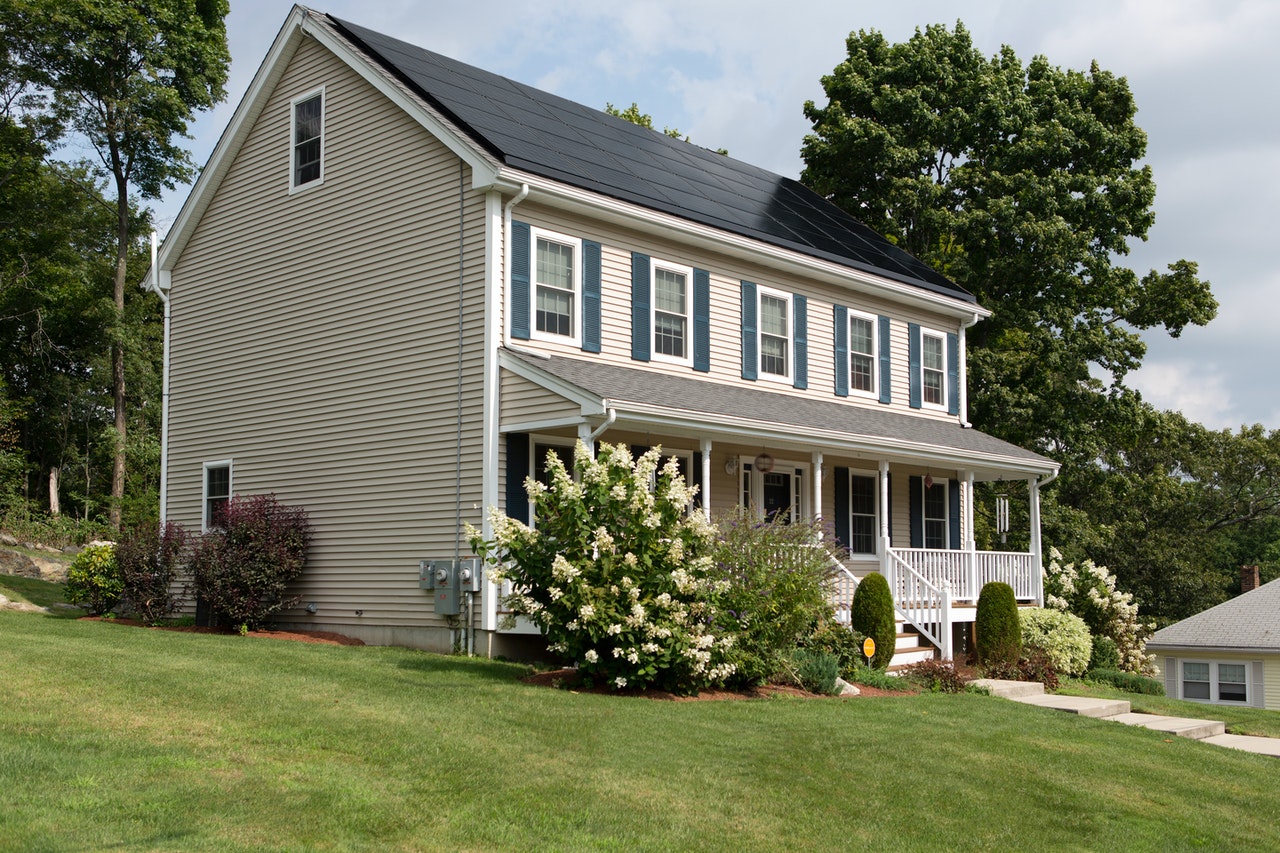Everyone desires to improve the energy efficiency of their houses. Whether it’s to contribute to the greening of the earth or to see the numbers on your power bill decrease, everyone has a legitimate reason for making the energy they consume go as far as possible.
However, sometimes the answer to living in a more energy-efficient home is there in front of you. If you’re searching for methods to save money without compromising comfort, here are five recommendations.
1. Install New Light Bulbs
While it may seem to be little, our lights use an enormous amount of electricity. Therefore, if you’re replacing a bulb, choose to utilize a classic bulb or a more contemporary fluorescent light.
Because incandescent bulbs illuminate a space, they do not last as long, and the majority of the energy they use is converted to heat rather than light. While a curlicue bulb may seem to be a significant shift, it is a cost-effective and energy-efficient approach to save money and energy. Additionally, they might endure years rather than months.
2. Conduct a Heating System Inspection
Ascertain that all vents and registers in your house are free of obstacles. Additionally, ensuring that all outlets, vents, and appliances are safe and functional may enhance efficiency and minimize possible risks.
Additionally, consider hiring a professional to tune up your HVAC system, tighten electrical connections, and inspect controls yearly to verify they are operating correctly and securely. When examining your electricity bill, keep your eyes on your electricity demand charge to maintain low consumption of power.
3. Secure Your Windows with Double Glazing
Traditional windows are a significant source of inefficiency if you aim for energy efficiency. Single-pane windows, which most people think of when they think of windows, allow for relatively easy temperature transmission. If it’s chilly outside and you’re attempting to stay warm, the warmth will escape through those windows. The converse is also true, which means that in the summer, you’ll need to turn up your air conditioning to keep your home cool.
If you’re looking to improve your energy efficiency, consider adding double-glazed windows. A double glazed window is composed of two panes of glass connected by a sealed air pocket. These windows minimize energy transfer and noise transmission since heat and sound have a much harder time penetrating all three layers. It’s similar to how wearing many layers of clothes keeps you warmer than wearing a single, heavy one. Double glazing your windows means that your property is better insulated and that you are wasting less energy than if you just used one pane of glass.
4. Automated Utilization
A smart thermostat may help you save up to 15% on heating and cooling expenditures. It works by recognizing your patterns and automatically altering the temperature. For instance, if your habit is to lower the temperature before bed at 10 PM, a smart thermostat will begin doing so automatically.
Additionally, you may operate a smart thermostat through an app, regardless of whether you are at home or not. As a result, even if your schedule changes suddenly, you can still manage your heating and cooling bills from the palm of your hand.
Scheduling an annual tune-up for your HVAC system may seem to be an unnecessary cost. On the other hand, maintaining current maintenance may save you up to $8,000 on a new unit long before your existing one expires. Improper maintenance might add 20% to your monthly air conditioning expenditure.
Additionally, automating your lights might help you save money. Install dimmer switches and motion sensors on lights that automatically turn off when you leave the room.
5. Invest in Energy Star-Rated Appliances
While purchasing new appliances is a significant expense for homes, long-term energy savings are often justified. Energy Star appliances are the most energy-efficient gadgets you can put in your house, and they often qualify for a tax credit.
Recycling your old refrigerator, water heater, and other appliances that have served their job but have become too old to meet today’s needs for efficient devices might be a fitting conclusion.
Adding solar panels will also help you achieve greater energy efficiency! Not only will you save money on energy expenditures, but you will also benefit from yearly tax advantages. Solar now pays for itself over a 12 to 15-year period in many regions. Consider paying down your energy bill over time by translating your current power payment to the cost of a solar installation.
Closing Thoughts
Energy efficiency refers to using less energy to do the same activities while lowering energy costs and minimizing energy consumption. Follow these five steps to make your home more energy-efficient.


